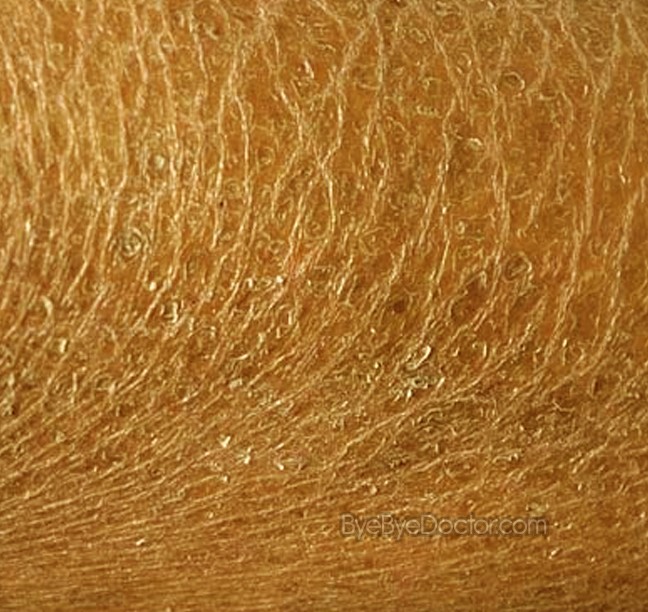Grey Scaly Patch Of Skin
- Information on the causes of scaly skin patches, Look carefully at the scaly part of your skin. Is it a patch, flaky and white or grey.
- Causes of Scaly Skin Patches. Rashes of the skin are the more common reason for skin patches which are scaly. These rashes can result from fungal as well as.
- Dermatology Skin Conditions. At Dermatology Affiliates we partner with you for beautiful, healthy skin. Scaly patch on the lip; skin on the lip can get thick;.
- Scaly Crusted Spots on the Skin An actinic keratosis is a scaly or crusty bump that forms on the skin surface.
- Actinic Keratosis, Solar Keratosis Causes Precancerous Rough, scaly patches on your skin. Besides being a rough and scaly skin patch.
Scaly Skin Information Including Symptoms, Diagnosis, Treatment, Causes, Videos, Forums, and local community support. Find answers to health issues you can trust.

When a tiny patch of scaly skin is the first sign of arthritis and heart problems. By Jo Waters. Published EST, 1 September 2014 Updated EST, 3. Lichen nitidus What.

What causes scaly patches of skin. One word – age. The older we get, the body s largest organ also gets old. As the skin gets old, it becomes drier, grows spots as well as gets wrinkled. It becomes very vulnerable to various skin complaints that can develop as scaly skin patches. These patches not only deteriorate the cosmetics of the skin, but they can also be risky to the body. The unhappy fact about these patches of skin is they are inevitable at times. They appear in places which are visible for instance the face which can lead to embarrassment and humiliation. For many individuals, these patches can destroy many levels of confidence. Growing old is not for the weak.
Rashes of the skin are the more common reason for skin patches which are scaly. These rashes can result from fungal as well as bacterial infections breeding upon skin. It does become very hard to identify fungal infections as fungi are very perceptible on the skin. Yeasts also cause these patches of scaly skin and contribute to itchy skin all over. There is a common misapprehension that fungal infections are caused by unclean living but these infections can also be begun by diabetes, taking steroids, overweight, taking antibiotics, poor nutrition, leprosy, skin cancer, Sarcoidosis, as well as an immune system which is weakened. Fungals normally affect the folds of the skin such as groin and breast region. Eczema, atopic dermatitis, athlete s foot, ringworm, candida, jock itch, and nail infection are some of the fungal infections.
The signs of fungi and bacterial infections depend on the type of organism which causes them. For example, ringworm – happens and breeds in a round shape. To make a sweeping statement the symptoms of most rashes cause red, scaly as well as itchy at the affected area. These infections may manifest these scaly skin patches on face, legs, and scalp or on hands.
The more common infection which is skin bacterial is impetigo. This is normally caused by strep or staph bacteria and is usually more common in kids rather than adults. Here again, poor or bad hygiene plays no or little role. Non-prescription anti-bacterial creams such as bacitracin known as Neosporin do not work very well. Antibiotics that are oral or creams which are prescription-strength such as mupirocin, known as Bactroban are frequently required.
Treatment for Scaly Skin Patches
Many, in fact most, rashes are not hazardous to people in the surrounding area – except if they are part of a disease which is infectious such as chickenpox. Numerous rashes last for a while and then go away on their own. It is not unreasonable to treat any symptoms like dry skin and/or itchy for several days to observe if the condition goes away or gets milder.
Nonprescription remedies – over-the-counter include:
Creams for itching which have:
Menthol, camphor, pramoxine – such as Itch-X, Sarna Sensitive
Diphenhydramine – such as Benadryl
Chlorpheniramine – such as Zyrtec
If none of these measures offer any relief, or if this rash becomes widespread, or persists, an appointment to a dermatologist or physician is advisable.
Something needs to be said here about smallpox vaccination in individuals with rashes. Individuals with eczema or atopic dermatitis should not be given a vaccination against smallpox, whether the condition is active or not. These individuals are more vulnerable to having the virus spread on their skin, that can lead to a very serious, and in some cases life-threatening condition called eczema vaccinatum, In the case of other rashes, the complication risk is much less. Consult the physician about vaccine for smallpox.